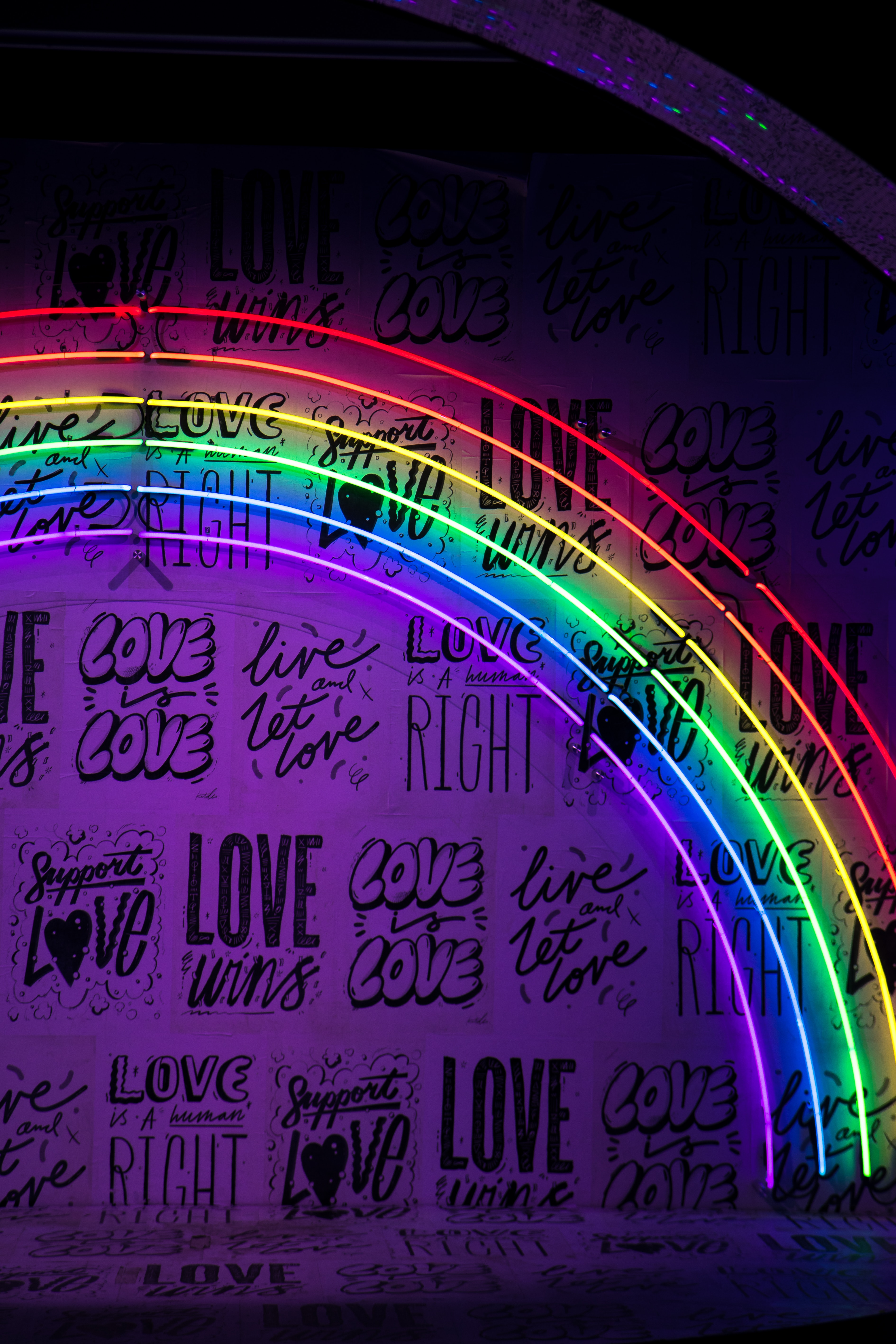

Should the use of religious beliefs to justify LGBTQ+ rights violations must be outlawed?
The question of whether the use of religious beliefs to justify LGBTQ+ rights violations should be outlawed is complex and multifaceted. It involves balancing the principles of religious freedom and the protection of LGBTQ+ rights. While it is important to respect religious freedom, it is equally crucial to ensure that individuals are not discriminated against based on their sexual orientation or gender identity.
1. Separation of church and state: Many countries have a clear separation of church and state, where religious beliefs should not dictate laws or justify discrimination. The United States, for example, has the Establishment Clause of the First Amendment, which prohibits the government from establishing or favoring any particular religion. This principle ensures that religious beliefs cannot be used as a basis for denying equal rights to LGBTQ+ individuals.
2. International human rights standards: Numerous international human rights treaties and conventions protect the rights of LGBTQ+ individuals. The Universal Declaration of Human Rights (UDHR), the International Covenant on Civil and Political Rights (ICCPR), and the Convention against Discrimination in Education (CADE) explicitly prohibit discrimination based on sexual orientation or gender identity. These standards prioritize the protection of individuals' rights over religious beliefs that may infringe upon them.
3. Harmful consequences of religious justifications: Allowing religious beliefs to justify LGBTQ+ rights violations can have severe consequences for individuals' well-being and mental health. Studies have consistently shown that LGBTQ+ individuals face higher rates of mental health issues, including depression and suicide, in societies that discriminate against them. Protecting LGBTQ+ rights is essential for promoting their overall well-being and ensuring their equal participation in society.
4. Balancing religious freedom and LGBTQ+ rights: While it is crucial to respect religious freedom, it is not an absolute right and should be balanced with other fundamental rights, including the right to equality and non-discrimination. Laws can be crafted to strike a balance between these rights. For example, some countries have implemented legislation that protects LGBTQ+ rights while also providing exemptions for religious institutions to practice their beliefs within their own sphere.
5. Case law and legal developments: Courts in various countries have ruled against the use of religious beliefs to justify discrimination against LGBTQ+ individuals. For instance, in the United States, the Supreme Court's decision in Obergefell v. Hodges legalized same-sex marriage, overriding religious objections. Similarly, the European Court of Human Rights has consistently held that religious beliefs cannot be used to justify discrimination against LGBTQ+ individuals.
It is important to note that outlawing the use of religious beliefs to justify LGBTQ+ rights violations does not mean suppressing religious freedom. Rather, it ensures that religious beliefs are not used as a shield to discriminate against a particular group. Striking a balance between religious freedom and LGBTQ+ rights is crucial to promote a just and inclusive society.
Related Posts
© 2025 Invastor. All Rights Reserved

User Comments